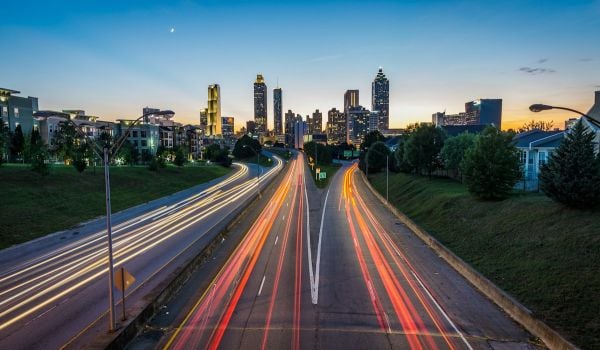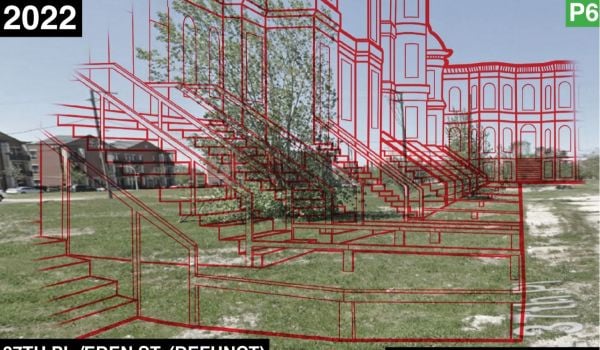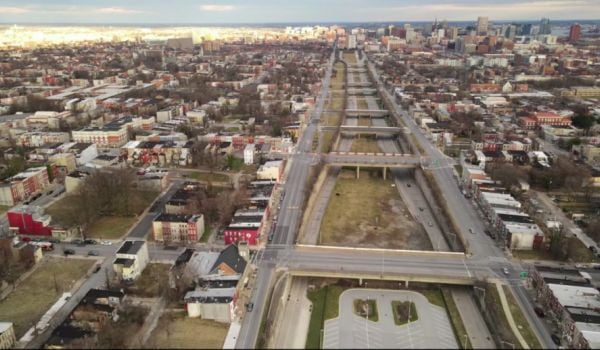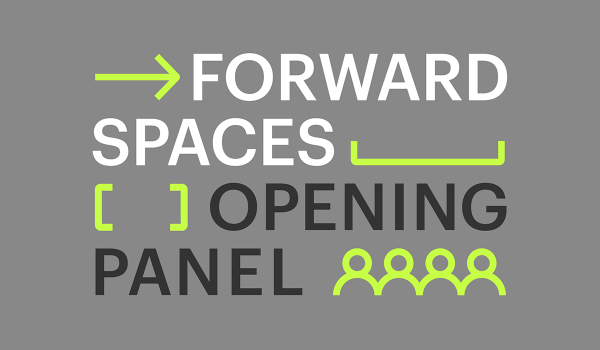Last month, Reason Foundation co-founder Bob Poole released a report about using tolls to modernize the Interstate Highway System. To say that urbanists and the Reason Foundation have not always gotten along would be an understatement, but on highway tolling there is some confluence of thought.
Poole has been an advocate of tolling roads for decades, and not just for new highways — he also wants to charge people to drive on existing roads. With the gas tax covering a declining fraction of the cost to maintain interstates and no political will in Washington to raise it (the gas tax hasn’t been raised in two decades), tolling is the best way that Poole sees to pay the estimated $589 billion cost, in 2010 dollars, of reconstructing the existing system.
Federal law does not, however, allow states to toll existing interstates, which carry a quarter of the nation’s total vehicle miles traveled despite making up barely 2.5 percent of its highway lane miles. A pilot program allows three states — North Carolina, Virginia and Missouri — to toll existing interstates, but none has come up with a politically feasible way to actually carry it out.
Given the tough odds of any one state allowing it, Poole would like to expand the program to cover all 50 states, allowing them to toll as many interstates as they’d like. His hope is that at least one would overcome the political hurdles of getting popular approval, and its success would then become a model for others
Poole is aware of the political hazards of tolling roads that people have gotten used to using for free, and explains that states could ease the pain by upgrading the roads — repaving them, adding wider lanes and shoulders, adding new lanes in some cases. But he’s unapologetic about the need to more closely bundle the price and benefit of existing highways.
“That’s been characterized by members of Congress and certainly the trucking industry as putting tolls on existing lanes,” Poole said. “Well, the lanes won’t exist in any reasonable shape for much longer. We’re not talking about putting tolls on existing lanes and leaving them as they are. We’re talking about rebuilding pieces of the Interstate, section by section, and putting tolls on after the rebuilt capacity is there.”
Getting into specifics, Poole estimates that toll rates would be in the range of 3.5 cents per mile for cars, and 14 cents for trucks. The higher price for trucks reflects their more intensive road usage: One common rule-of-thumb is that the damage inflicted by a vehicle on a road is proportional to the fourth power of the axle load. In other words, as the weight of a vehicle rises, the stress on pavement rises much faster.
“At the margin,” Poole said, he thought that “it would shift some freight from truck to rail,” though he wasn’t sure how significant the shift would be. “That’s something we’re going to focus on more explicitly in follow-up work.”
Part six of his report is where the overlap between urbanists and the Reason Foundation might end. Here Poole discusses the need to widen some highways, both for general traffic and for truck-only lanes. He identified 96 corridors where each lane-mile saw more than 12,000 vehicles each day, indicating a low level of service and candidate for widening. Of those, he found 41 that needed widening back in 2010, with the rest coming due by 2040. He found nine states — rural ones like Vermont and the Dakotas — do not need any widened highways at all.
The cost of the widenings would total $394 billion across the country, or 40 percent of the nearly $1 trillion that all of the reconstructions and widenings would cost.
When asked what country he thought best approached his ideas for tolling, Poole gave a somewhat surprising answer. “One of the first countries that adopted the model, including having the private sector take the risk and have the responsibility, was France, believe it or not,” he said. “The French toll road system is all private.”
“Italy and Spain largely did the same thing,” he said, with Spanish governments going back and forth on tolling depending on their ideological leanings. Ironically, he noted, conservative governments were more keen on private toll concession than socialist ones. “Every time they had a socialist government, they built new roads without tolls,” he said. “It’s a very anti-green thing to do.”
While urbanists may balk at spending hundreds of billions of dollars on adding lanes — even if paid for by road users and not general taxes — there does seem to be common ground on the bulk of the plan aimed at reconstruction.
“In political terms, there can be some interesting coalitions,” Poole said, mentioning the Reason Foundation’s collaboration with Taxpayers for Common Sense, a budget watchdog group with an environmental bend, best known labeling Alaska’s Gravina Island Bridge as the “bridge to nowhere.”
“Because of pricing,” he said, “I think there can be some common ground.”
The Works is made possible with the support of the Surdna Foundation.
Stephen J. Smith is a reporter based in New York. He has written about transportation, infrastructure and real estate for a variety of publications including New York Yimby, where he is currently an editor, Next City, City Lab and the New York Observer.


_716_276_80.jpg)














